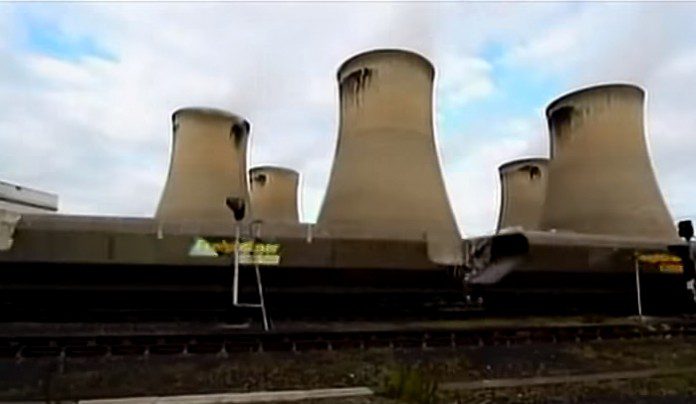Coal is a natural resource which has taken our planet from traveling on horses and burning wood to keep warm to having electrical power and the ability to explore more of the world than ever before. As a fossil fuel, it has been used for generations in many different ways. There are also certain risks associated with using coal for power. In the discussion of the pros and cons of coal power plants, here are the key points to consider.
The Pros of Coal Power Plants
1. Coal is a reliable power source.
There will always be peak power demands within the power grid. Coal power plants are able to increase their loads rapidly so that blackouts can be avoided.
2. There are large reserves available already.
In the United States, there is over 400 years worth of coal that have already been processed and stockpiled at current usage levels. It is believed that there are at least another 300 years worth of accessible coal deposits that could be accessed as well. This makes coal an affordable source of power because it is so readily available.
3. It is a known and proven technology.
Because coal power plants have been operating for so long, the technology has evolved into a fairly efficient process. It is far more advanced than alternative fuels that are used for power right now.
The Cons of Coal Power Plants
1. They produce a large number of emissions.
Burning coal leaves harmful emissions that are directly introduced into the atmosphere. These pollutants are strongly suspected to be a part of the reason for the global warming patterns that have been being seen over the last couple of decades. Continuing to use this technology may further damage the environment, even with pollution-reducing technologies.
2. Mining for coal displaces people and leaves tons of waste.
Coal mines come in several different forms. Pit mines destroy the ground and displace entire communities at times. Underground mines are hazardous to worker health with issues like black lung. The wastes of coal mining [and coal burning] include toxic items like mercury and arsenic.
3. Transporting coal to the power plant can be costly.
If there isn’t a local source for coal, then it must be transported to that location. This usually occurs by train. Although coal is considered cheap energy, the transportation costs can quickly change that perspective.
The pros and cons of coal power plants help communities avoid the threat of a nuclear meltdown or the chances of a blackout, but there are other risks to consider to gain those advantages. Consider these key points carefully to determine how you feel about burning coal for power today.
Crystal Lombardo is a contributing editor for Vision Launch. Crystal is a seasoned writer and researcher with over 10 years of experience. She has been an editor of three popular blogs that each have had over 500,000 monthly readers.


















